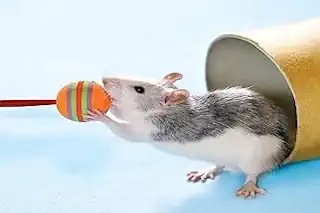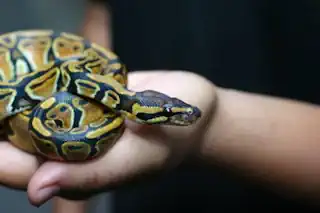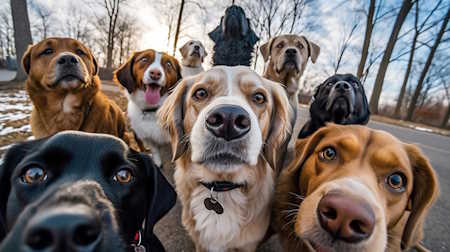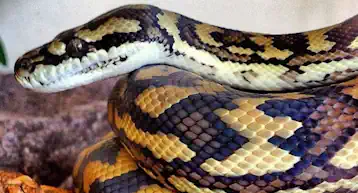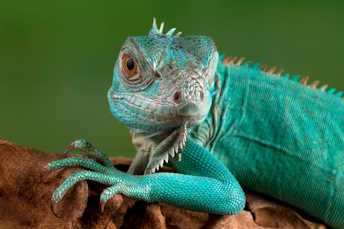Understanding Foods Harmful to Cats: A Guide for Pet Owners
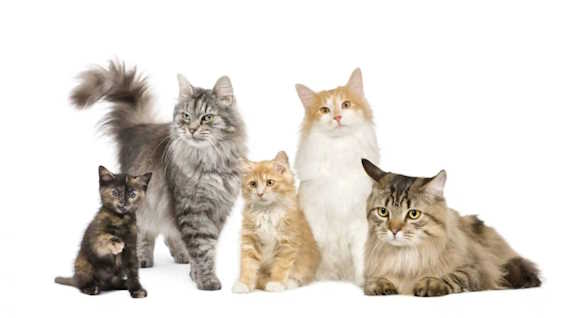
Cats, with their discerning tastes and sometimes inscrutable dietary habits, are among the most loved pets in the world. We lavish our feline friends with all manner of treats, but the path to a contented cohabitation isn’t always lined with edible rose petals. Indeed, there are culinary pitfalls that pet owners should be aware of – dangers lurking in your kitchen that could spell real trouble for Whiskers if they make their way into their dish. This definitive guide serves to illuminate the forbidden fruits, the no-go noshes, and the downright dangerous edibles that should never cross your cat’s path.
The Importance of a Cat’s Diet
The significance of a nutritious, well-balanced diet for cats cannot be overstated. Felines, while often peering down from their dietary pedestal, are in fact, obligate carnivores. This means that animal protein is an absolute necessity for their well-being. But beyond the meat, there are specific nutrients, like taurine for heart health and arachidonic acid for essential fatty acids, that are vital for a cat’s diet.
Understanding what to feed your cat and, perhaps equally as important, what not to feed them, can lead to a longer, healthier life filled with fewer trips to the vet.
Unsafe Foods for Cats
Top 10 Foods Bad for Cats
While it’s tempting to share your meals with your furry friend, some common foods can be harmful to cats. Be mindful of the following items, which should never be fed to your cat:
- Chocolate – Contains theobromine and caffeine, which are toxic to cats, potentially leading to heart problems, muscle tremors, or seizures.
- Onions and Garlic – These common kitchen staples can cause anemia by damaging red blood cells if ingested by cats, even in small amounts.
- Grapes and Raisins – Though the exact toxin is unknown, grapes and raisins can cause kidney failure in cats.
- Alcohol – Even small amounts of alcohol can be toxic to cats, leading to dangerous drops in blood sugar, blood pressure, and body temperature.
- Xylitol – This sugar substitute found in gum and some sugar-free foods can cause liver failure and hypoglycemia in cats.
- Caffeine – Found in coffee, tea, and some sodas, caffeine can be fatal to cats, leading to restlessness, rapid breathing, heart palpitations, and muscle tremors.
- Dairy Products – Despite popular belief, many cats are lactose intolerant and can suffer stomach upset from milk or other dairy products.
- Raw Eggs – Can cause food poisoning from bacteria like salmonella or E. coli, and the enzyme avidin could interfere with the absorption of B vitamins.
- Raw Fish – Like raw eggs, raw fish can lead to food poisoning, and an enzyme in raw fish destroys thiamine, an essential B vitamin, which could lead to neurological problems.
- Bones – Small bones can splinter and cause choking or severe internal injuries in cats.
Chocolate

Chocolate is more than just a forlorn temptation for felines; it’s a hazard. The presence of caffeine and theobromine makes chocolate, in any form, extremely dangerous for cats. Ingestion can swiftly lead to an array of critical symptoms ranging from heart troubles to seizures. Pet owners should ensure that their treats stay out of paws’ reach to prevent any potential health crises.
Onions and Garlic
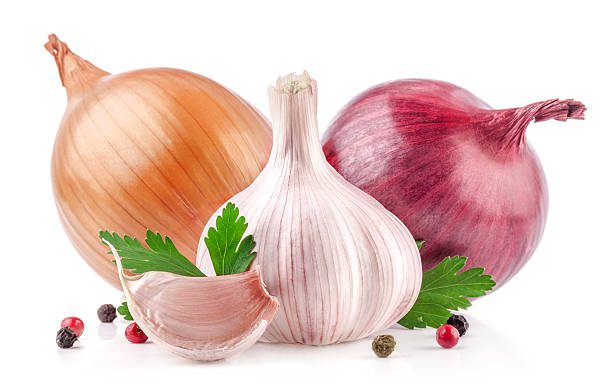
Onions and garlic are staples in human cuisine, but for cats, they’re a silent threat. These common ingredients can undermine a cat’s health by causing oxidative damage to red blood cells, leading to anemia. This is particularly concerning because symptoms might not appear immediately, making it crucial to prevent any access to these foods.
Grapes and Raisins
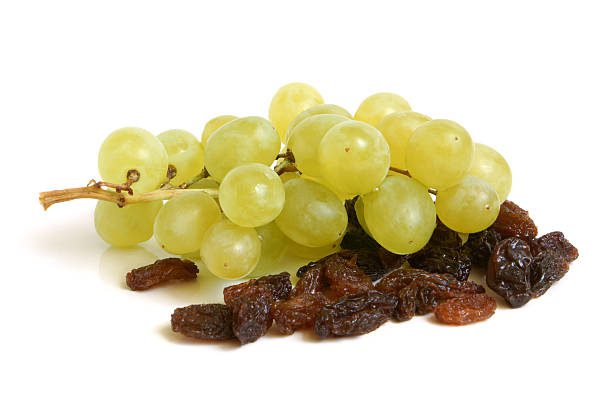
Grapes and raisins might seem like harmless snacks, but for cats, they’re anything but. These small fruits have been linked to kidney failure in cats. The toxicity level can vary, but it’s best to err on the side of caution and keep these foods well out of reach of curious kitties.
Alcohol

The notion of alcohol being harmful to cats is a no-brainer. Even minimal amounts can wreak havoc on a cat’s system, leading to a perilous drop in blood sugar, blood pressure, and body temperature. The effects can be life-threatening, underscoring the importance of keeping alcoholic beverages away from pets.
Xylitol
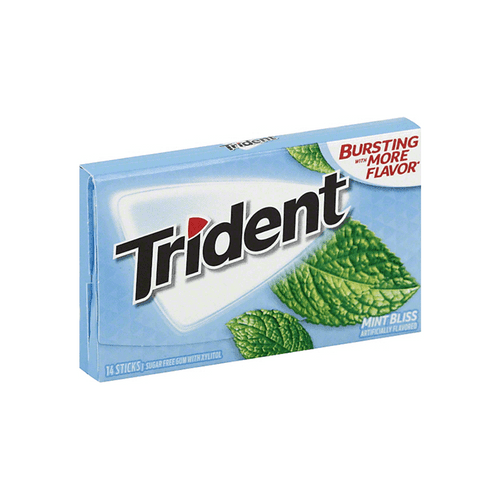
A common sugar substitute in many sugar-free products, xylitol spells trouble for cats. Even small amounts can induce liver failure and a significant drop in blood sugar levels, presenting a life-threatening emergency. Pet owners should vigilantly check ingredient labels and keep xylitol-containing products away from their pets.
Caffeine

Caffeine, ubiquitous in coffee, tea, and certain sodas, can be fatally toxic to cats. It can stimulate cats excessively, causing rapid breathing, heart palpitations, restlessness, and muscle tremors. The best practice is to ensure that any caffeinated beverages are kept out of reach of cats.
Dairy Products
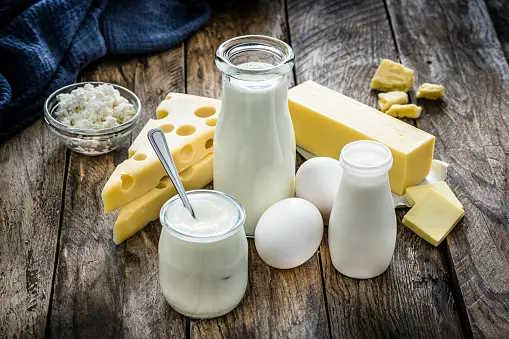
Contrary to the stereotypical image of a cat happily lapping up a bowl of milk, many cats are lactose intolerant. Milk and dairy products can cause digestive upset, including diarrhea and stomach pains. It’s best for cat owners to avoid offering dairy to their feline friends.
Raw Eggs
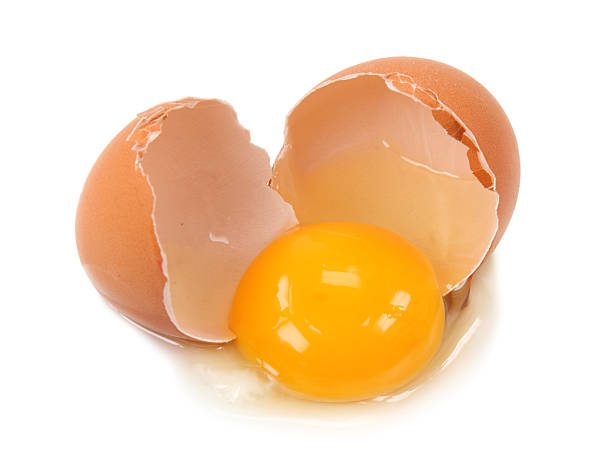
Offering raw eggs to cats can lead to two significant health issues. Firstly, there’s a risk of food poisoning from bacteria like salmonella or E. coli. Secondly, an enzyme called avidin in raw eggs can interfere with the absorption of essential B vitamins, which can lead to skin and coat problems.
Raw Fish
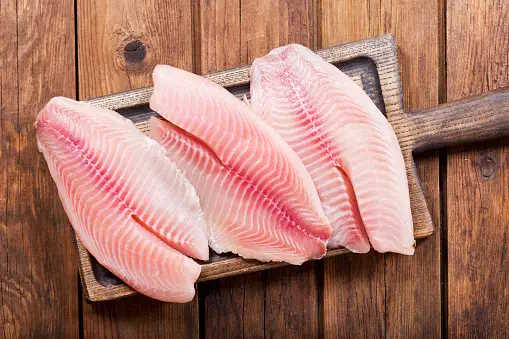
Similar to raw eggs, raw fish can be harmful to cats. It can cause food poisoning, and certain enzymes in raw fish can destroy thiamine, a vital B vitamin. This deficiency can lead to serious neurological issues, making it imperative to keep raw fish out of a cat’s diet.
Bones
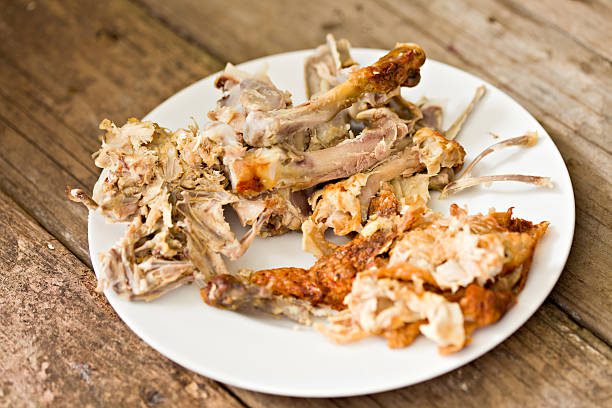
Small, cooked or uncooked bones can be especially dangerous for cats. They can easily splinter and cause choking or severe internal injuries. Therefore, it’s crucial to ensure that bones are never accessible to cats, to prevent any possible accidents.
Explanation for Unsafe Foods
Understanding why these foods are harmful is crucial so that accidental ingestion can be avoided. Prevention is the first line of defense in ensuring your cat’s health and happiness. By being vigilant and avoiding these dangerous foods, you can help ensure your cat maintains a healthy and happy life.
Cat food and dog food work to ensure essential amino acids are provided but dogs and cats have very different needs. Be sure to keep pet foods separate if you have both in your home. Free feeding, healthy weight, human foods, fresh water are all essential details for pet owners to know and understand.
Effects of Toxic Foods on Cats
When a cat ingests something that’s toxic to them, the outcome can be perilous. For instance:
- Digestive Issues: Certain foods, like dairy for lactose-intolerant cats, can result in digestive discomfort, often marked by vomiting or diarrhea.
- Kidney Damage: Foods like grapes and raisins can lead to acute kidney failure. The kidneys’ function is to filter waste from the blood. When they fail, it’s not a condition a cat can live with for long without swift, expert intervention.
- Neurological Problems: Toxins like xylitol can wreak havoc on a cat’s internal systems, leading to seizures and other neurological issues.
The severity of these effects is reason enough to be cautious about sharing our meals with our feline family members. When in doubt, it’s always best to play it safe and avoid sharing human food with your cat.
Healthy Alternatives and Tips
Safe food options for cats include a variety of meats, both cooked and raw, that are free of seasonings and other additives. High-quality cat food is formulated to meet a cat’s nutritional requirements; there are even specific formulations tailored to different life stages and health concerns.
A few tips for maintaining a balanced diet for your cat are:
- Hydration: Cats are notoriously poor drinkers. Wet food can help ensure that your cat is getting enough water, especially if they have a history of urinary or kidney problems.
- Portion Control: Obesity is a significant health issue for cats. Conscientious portioning can go a long way in preventing this.
- Consult Your Vet: Your veterinarian should be your partner in planning your cat’s diet. They can offer advice on what kind of food is best for your particular cat and the right portion sizes.
Caring for a cat is an ongoing voyage of discovery and learning. Sometimes, what we learn isn’t what we expect – like discovering that our furry friends suffer no fools when it comes to food.
Choosing the Right Cat Treats
When it comes to rewarding your feline friend, not all treats are created equal. The market is flooded with countless options, but selecting the right treat depends on your cat’s dietary needs, preferences, and any underlying health issues. Here are some considerations for choosing cat treats:
- Nutritional Balance: Look for treats that complement your cat’s daily dietary needs. Treats should not constitute more than 10% of your cat’s daily caloric intake to avoid obesity.
- Ingredients: Opt for treats with high-quality ingredients. Meat should ideally be the first on the list, signifying it’s the primary component. Avoid treats with artificial colors, flavors, or preservatives that could harm your cat.
- Purpose: Some treats are formulated for specific purposes such as dental health, hairball control, or even to administer medication more easily. Choose a treat that suits your cat’s individual needs.
- Texture and Size: The size and texture of the treat are important, especially for older cats or those with dental issues. Soft treats might be more suitable in these cases.
- Variety: Introducing a variety of treats can keep your cat interested and make treat time more enjoyable for them. However, always introduce new treats gradually to avoid digestive upset.
Remember, treats are a way to bond with your cat and make them feel loved. Paying attention to the treat’s quality and nutritional value ensures you’re showing love in the healthiest way possible.
Conclusion
In conclusion, it’s vital to be mindful of what you feed your feline friend. While some foods may be safe to share in moderation, it’s best to stick to their specific dietary needs to avoid any potential hazards. Always err on the side of caution when it comes to your cat’s diet, and remember that prevention is the best medicine. Should your cat ingest something you suspect could be toxic, seek veterinary attention immediately.
Our cats rely on us to be their guardians, not just in their choice of company, but in their choice of cuisine as well. Be the dutiful keeper of your cat’s kitchen, and rest assured in the knowledge that your pet’s health is in good hands – and paws.
For more in-depth discussions on feline nutrition, consult with your vet and stay informed on the latest studies and recommendations. Your cat may not thank you with words, but their continued good health is the silent testament to your diligence. In the end, that’s what it’s all about – a healthy, happy, and harmonious life shared with our feline friends.
Frequently Asked Questions (FAQ)
Q: Can my cat eat small amounts of chocolate?
A: No, chocolate is toxic to cats. Even small amounts can cause vomiting, diarrhea, and severe symptoms like seizures due to theobromine and caffeine.
Q: How do I know if a treat is good for my cat’s health?
A: High-quality treats should have meat as their primary ingredient, contain no artificial additives, and complement your cat’s overall diet without exceeding 10% of their daily caloric intake.
Q: What should I do if my cat ingests something toxic?
A: If you suspect your cat has ingested a toxic substance, contact your veterinarian or an emergency pet hospital immediately. Quick action can be critical.
Q: Is it safe to feed my cat raw fish or raw meat?
A: While some raw diets can be healthy under veterinary supervision, raw fish and certain raw meats may contain harmful bacteria and parasites or enzymes that deplete essential nutrients like thiamine. It’s important to consult with a vet before introducing raw foods. Raw meat based diets may not contain all of the animal nutrition needed for feeding your cat.
Q: Can dairy products harm my adult cat?
A: Many cats are lactose intolerant, meaning they cannot properly digest the lactose in milk and other dairy products. This can lead to digestive upset. Other than mother’s milk when they are first born, it’s best to avoid giving cats dairy.
Q: How can I ensure my cat is properly hydrated?
A: Cats often do not drink enough water. Offering wet food as part of their diet can help ensure they receive adequate hydration, especially if they are prone to urinary or kidney problems.
